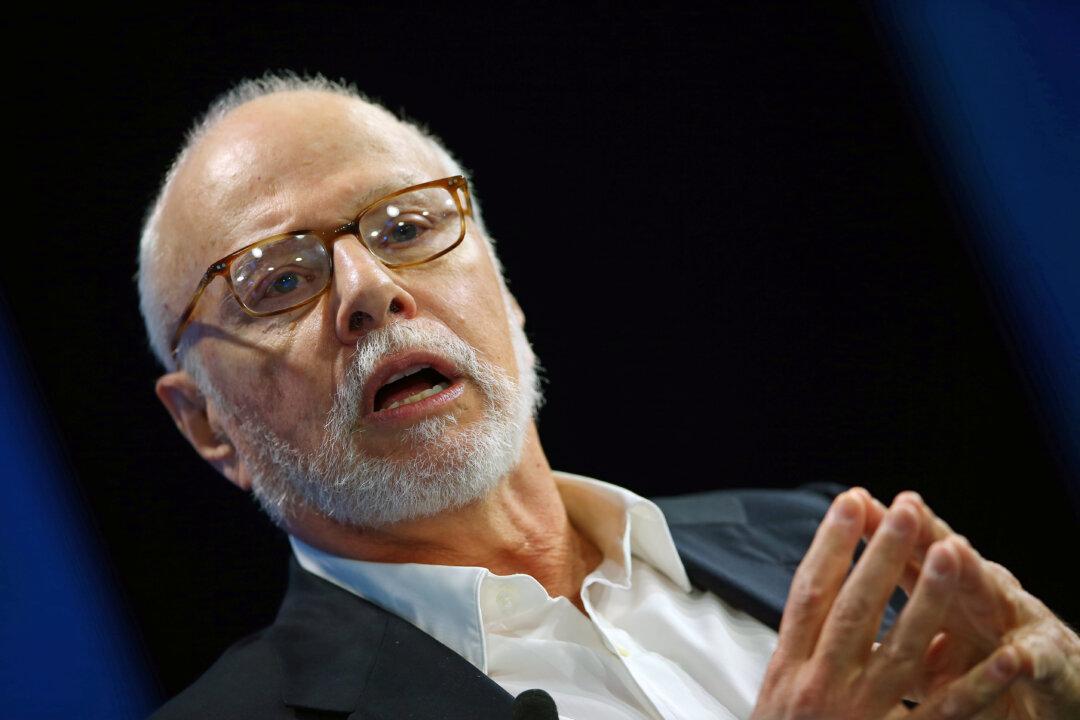U.S. hedge fund Elliott on Nov. 13 renewed pressure on South Korea’s Hyundai Motor Group, urging it to return $10.6 billion of capital to shareholders and consider selling non-core assets, including costly land it bought in Seoul for new headquarters.
The call came after Hyundai Motor posted a sharp drop in third-quarter earnings in late October, hitting its shares and dashing hopes of better shareholder returns.





